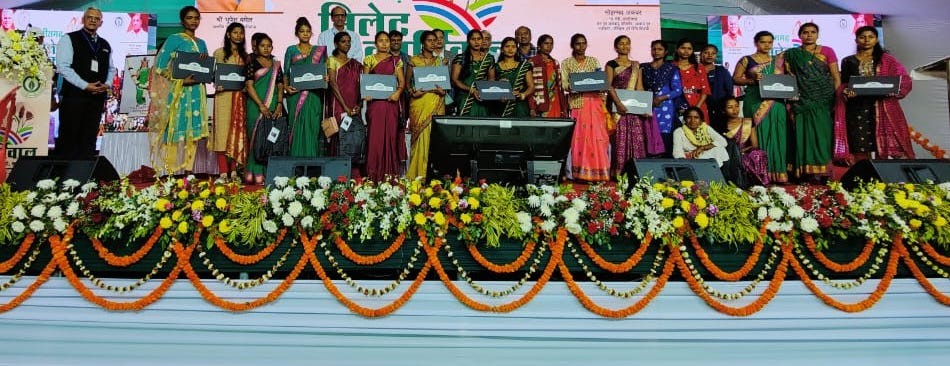Women’s day globally is a day to celebrate achievements of women around the world. It is also to celebrate the strides made in achieving gender equity and to recognize that more work needs to be done to overcome challenges and eliminate barriers for providing equal opportunities. Achieving true gender equity involves recognizing that treating everyone the same is not enough. It requires accounting for the unique challenges and experiences that different groups face and treating them fairly.
In this modern and advanced world, women still face significant challenges in education, employment, and political representation despite progress in many areas. When we look around we may not feel so but statistics are shocking. Only 5% of women CEOs are there in S&P Fortune 500 companies list. Even though the benefits of having women in top positions are proven by many studies. According to McKinsey & Company, companies in the top quartile for gender diversity on executive teams are 25% more likely to have above-average profitability than companies in the bottom quartile. A study by the Peterson Institute for International Economics found that companies with at least 30% women in leadership positions had net profit margins that were 6 percentage points higher than companies with no women in leadership positions. Women are nurturers.
Another shocking statistics is that employed women in today’s scenario earns 77 cents as compared to men who earns a dollar. If we aim to close the gender pay gap, we will achieve our goal only by 2086. If this gender pay gap is closed then according to World Economic Forum estimates we could add $1.2 trillion to the US economy, $2.5 trillion to the European Union’s GDP, and $12 trillion globally.
Overcoming these challenges requires embracing equity which means taking concrete steps to address these inequities and creating a more just and inclusive society. Women often face significant challenges in the workplace, not just pay inequality, but sometimes even interruptions, harassment and discrimination. To address these challenges, we need to establish policies and programs that promote fair treatment of all employees, regardless of gender. This includes implementing policies that support working mothers and providing equal opportunities for advancement.
We also need to address our unconscious bias, cultural norms and attitudes that perpetuate gender stereotypes and inequality. We all must our cultural knowledge to challenge our own gender norms and stereotypes, promoting gender-inclusive language, and supporting efforts to eliminate microaggressions.
One way to eliminate microaggressions is through microaffirmations. Microaffirmations are small, positive actions that acknowledge and validate a person’s identity and experience. They can include anything from using someone’s preferred pronouns to publicly recognizing their accomplishments. Microaffirmations can help create a more inclusive workplace culture that values diversity and promotes equity.
Another way to promote equity is through adoption of Women’s Empowerment Principles (WEP). Many companies have pledged to WEPs which is a set of principles that provide guidance to organizations on how to promote gender equity in the workplace, marketplace, and community. By implementing the WEPs, organizations can come with a framework, create strategies, policies and practices that promote equal opportunities, eliminate gender-based discrimination, and support women’s leadership.
Education is also a key factor in embracing equity particularly in STEM fields. The theme of this year’s women’s day in Digit-all. Access to tech education for girls and young women is essential in creating a more equitable world. There will new role models for female engineers to look up to in the future. Providing opportunities in tech and digital areas provides them with a chance to develop their skills and abilities, which can enable them to make their voices heard and pursue their aspirations. Generally, educating girls also has a positive impact on communities, leading to greater economic development and increased political participation. It is said that if a mother is educated then her future generations will be educated.


Corpstage facilitated the launch of skill development program and laptop distribution to indegenous women on behalf of CDL Limited.







